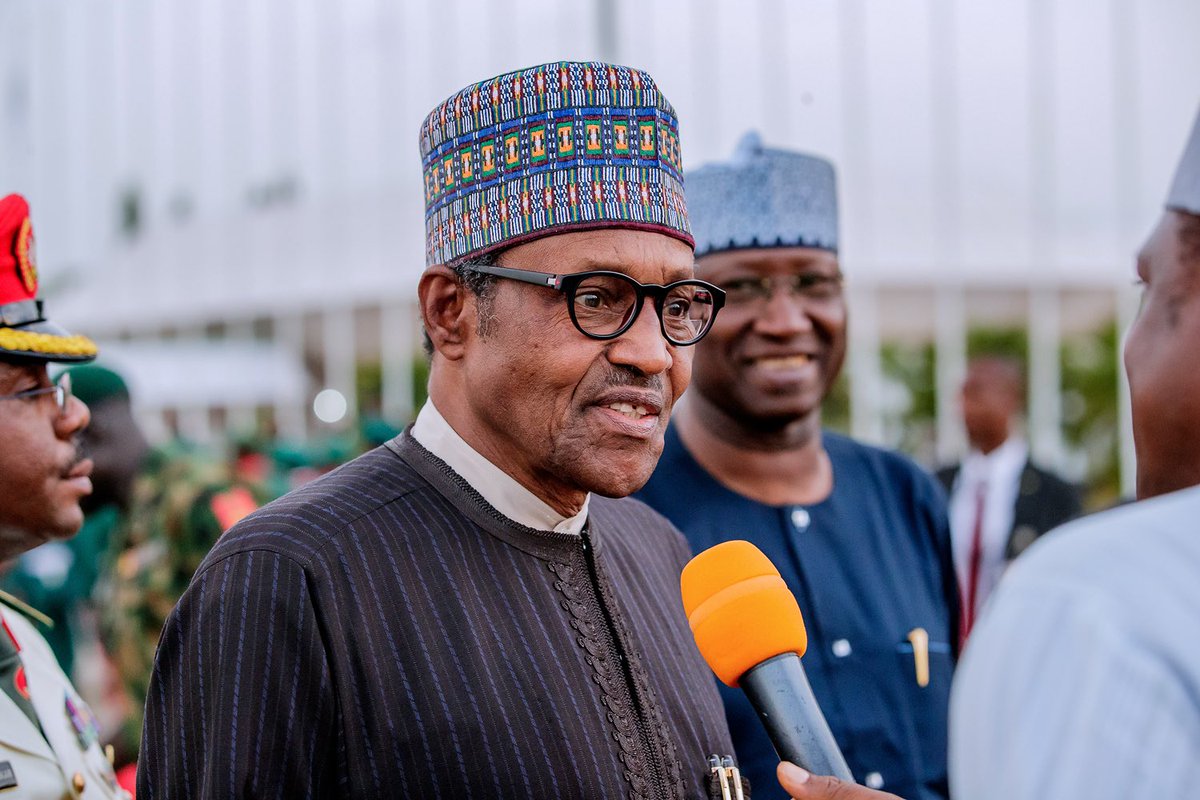In Nigeria, governments come and go, but each one outpaces the other in impunity, non-performance, corruption and incompetence. Before the administration of President Buhari that of Goodluck Jonathan was knocked as the archetypal highhanded, clueless, corrupt and wasteful government. But before Jonathan’s reign, Obasanjo’s administration was pilloried as a corrupt and iron-fisted “regime”, and before that, the military administrations were adjudged the “portmanteau of all evils”.
I must say, most Nigerians still consider the military administrations as the “portmanteau of all evils”. And I assent this view. But lately, I chanced on some conversations with the pesky question: “20 years of democracy, how well we have done?” For me, democracy is a rudimentary system of government, essentially for its freedoms, that cannot be bartered for any other system. But in the past 20 years, our practice of democracy has not resulted in improvements to infrastructure and general well-being. However, there is something to be said for the relative freedom enjoyed by citizens.
The Buhari administration came in the saddle with so much hope for citizens. Hope of better security; of a strong economy, of better welfare for citizens and of an end to corruption. But these hopes have taken flight like the summer birds. The administration has failed uninhibitedly in tackling insecurity. This is, perhaps, the biggest failure of this government.
In April, Mohammed Adamu, inspector-general of police, disclosed that 1071 Nigerians have been killed and that 685 have been kidnapped since January. A few days ago, about 24 persons were killed in Katsina, the president’s state. The jagged appendages of insecurity have even stretched far to claw some traces of the first family with the kidnap of the district head of Daura, who is said to be an in-law of President Buhari.
Really, I found the response of Prof Ango Abdullahi, the chairman of Northern Elders Forum, to the presidency’s statement that the insecurity crushing Katsina in a feisty grip was a confirmation that the president is not partial to his own state on matters of security.
Abdullahi said: “They (presidency) should be concerned that the security failures are everywhere, including the hometown of the president.”
Even now, the killings are unabated. But there appears to be no plan or strategy to halt them, except for wishes and feeble promises. And after four years, the president still says, “I will fulfill my promise on addressing insecurity.” After four years?
Really, casting off every pretension and sentiment, what exactly has this administration achieved in four years? I find it hard to put my finger on any. The much vaunted Social Investment Programme for which N500 billion was budgeted has turned out to be a fatal fraud. According to Aisha Buhari, wife of the president, the “programme failed in the north.” So, if it failed in the north where exactly did it succeed?
Hear her: “…I don’t know where the social investment worked…. I was expecting that the N500 billion to be utilised in different methods in the north for the aim to be achieved. I don’t know the method they used but most northern states did not get it.”
Ordinarily, the wife of the president’s allegations should spur some serious investigation into the spending of the programme. But I have little faith that this will happen. If corruption was democratised under Jonathan, it has been privatised under Buhari.
As a matter of fact, Mr President’s failure in his first four years is making the administration he deracinated look good. It has been a full-term of comparing failures and of outpacing impunity, corruption and incompetence.
Mr President has another four years to show competence, sensitivity, integrity and even-handedness, because at the current pace of low-hanging failures, Nigerians may have better things to say about the administrations of Jonathan, Obasanjo and even Ibrahim Babangida than his own when the day is done.
I wait with measured optimism for “Next Level”.
Fredrick is a media personality.
Twitter:@FredrickNwabufo

